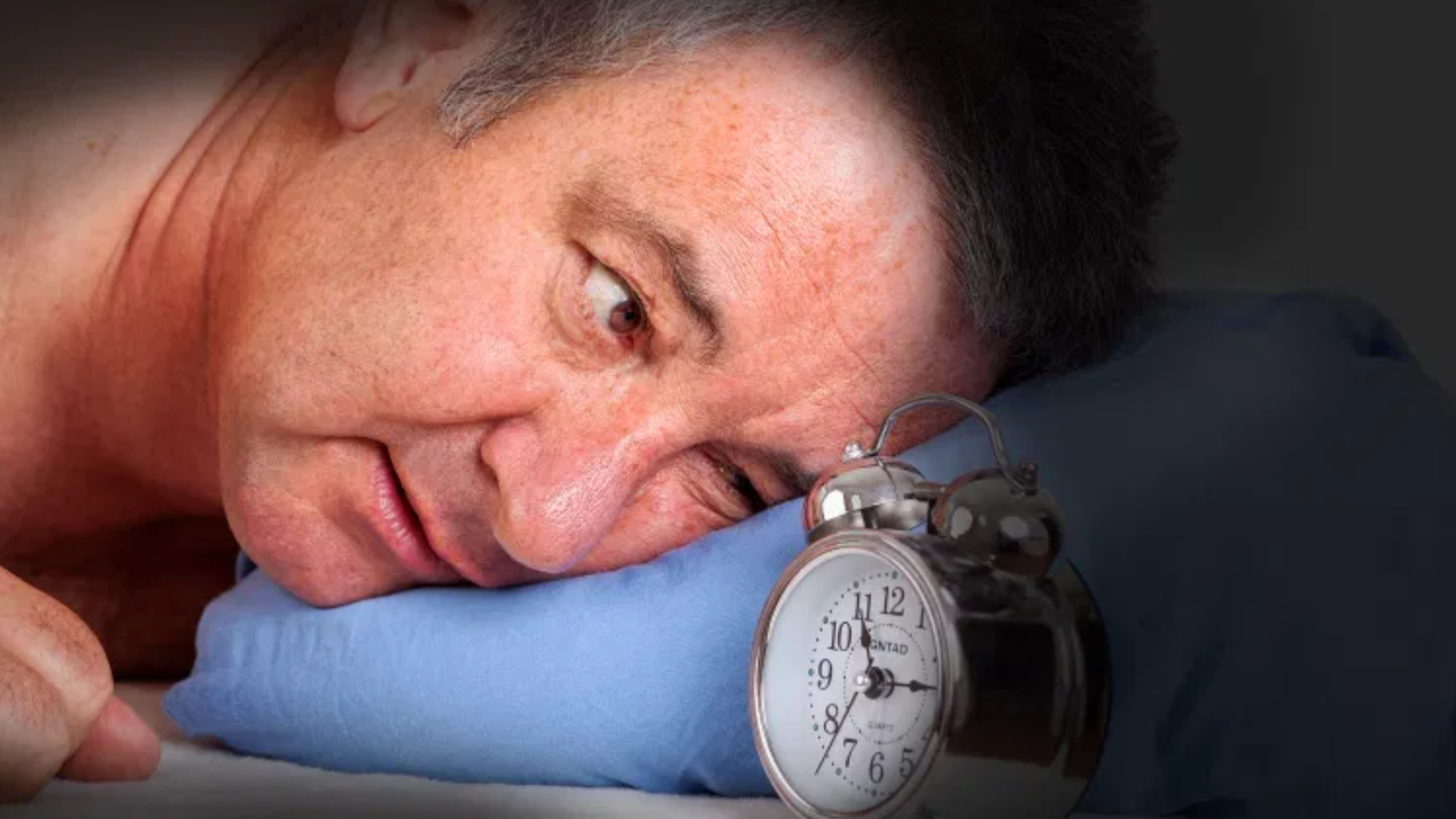Sleep and Its Vital Role in Health

Getting enough sleep is one of the most important things you can do for your health. In fact, how you feel when you're awake depends a great deal on what happens while you're sleeping. During sleep, your body is still doing vital work. For example:
- Your brain is forming new pathways to help you learn and recall information.
- Sleep is involved in repairing and healing your heart and blood vessels.
- Deep sleep triggers the release of a hormone that promotes normal growth in children and teens; this hormone also boosts muscle mass, and helps repair cells and tissues in people of all ages.
How Sleep Affects Your Health
Some of the ways sleep, or the lack of it, can affect your physical and mental health:
- A good night's sleep enhances brain function, which improves your learning and problem-solving abilities, and helps you pay attention and be creative.
- Conversely, sleep deficiency alters activity in some parts of the brain, which can impair your memory and cognition, ability to make decisions, and cope with change. Chronic lack of sleep has also been linked to depression, suicide and risky behaviors.
- Ongoing sleep deficiency is associated with an increased risk of heart disease, kidney disease, high blood pressure and stroke.
- Sleep deficiency increases the risk of obesity. When you don't get enough sleep, your ghrelin (the hormone that makes you feel hungry) and leptin (the hormone that makes you feel full) get out of balance, making you feel hungrier than when you're well-rested.
- Sleep deficiency contributes to higher-than-normal blood sugar levels, which increase your risk for diabetes.
- Your immune system needs sleep to function appropriately; lack of sleep can make it more difficult to fight off infections like colds or the flu.
- Sleep deficiency makes you less productive at work or school; it can cause you to take longer to finish tasks, make more mistakes and have a slower reaction time.
One of the deadliest consequences of too little sleep is drowsy driving. Studies show that sleep deficiency impairs your driving ability as much, or more than, being drunk. And estimates are that driver drowsiness is a factor in nearly 100,000 car accidents a year, resulting in 1,500 deaths.
How Much Sleep Do I Need?
While sleep needs can vary from person to person, and the amount of sleep you need each day will change as you age, the American Academy of Sleep Medicine makes these recommendations:
|
Age |
Recommended amount of sleep |
|
Infants 4-12 months |
12-16 hours a day (including naps) |
|
Children 1-2 years |
11-14 hours a day (including naps) |
|
Children 3-5 years |
10-13 hours a day (including naps) |
|
Children 6-12 years |
9-12 hours a day |
|
Teens 13-18 years |
8-10 hours a day |
|
Adults 18 and older |
7-8 hours a day |
Some adults nap to deal with daytime sleepiness, which can provide a short-term improvement in alertness. But it doesn't provide the benefits of deep nighttime sleep. Sometimes, like in the case of teenagers, sleep can be made up by sleeping longer. Bottom line, poor sleep habits and chronic sleep loss will affect your health. If your job or daily routine impairs your ability to get enough sleep or sleep at the right times, talk to your doctor. It's also important to talk to your doctor if you sleep at least eight hours a night but still don't feel rested as you may have a sleep disorder or other health problem. Related: Beauty Sleep: Because You Don't Look Good Without It This First Step to Weight Loss Is - Sleep? Sleep Deprivation in Teens: A Common Problem

